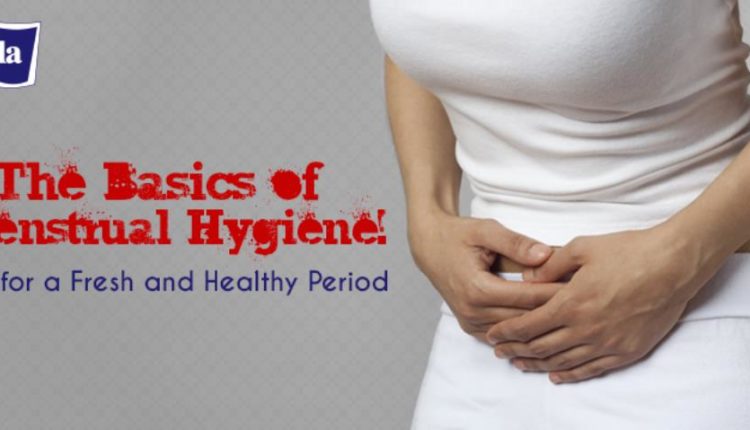The Ghana Education Service (GES) is pointing out the need for sustained advocacy for continuous education targeting girls, boys and the parents on Menstrual Hygiene as well as the demystification of myths and taboos connected with menstruation.
There is also the need for continued advocacy for the provision of toilet facilities which are gender friendly with changing rooms, and easy accessibility to menstrual hygiene products, even during the COVID-19 pandemic.
The GES made the recommendations in a statement it issued to commemorate Thursday, May 28 as the 2020 Menstrual Hygiene Day, celebrated under the theme; ‘It’s Time for Action’.
The day is set aside to celebrate women and girls, to discuss menstruation, and to advocate for more favourable conditions for the many women and girls in Ghana without access to basic information on menstrual hygiene management, dignified toilets, safe water and safe sanitary hygiene materials.
According to the GES, this year’s celebration in the context of the coronavirus (COVID-19) pandemic, has thrown the spotlight on the importance of adequate water, sanitation and hygiene.
The GES, quoting the Multiple Indicator Cluster Survey 2017/2018, (MICS 2017/18) in Ghana, said fewer than one in two (48.5 %) of households have handwashing facilities with water and soap while one in three women do not have access to a toilet during menstruation. Many did not have access to sanitary products and managed their menses using unhygienic items like newspaper or leaves.
“The economic and other social factors of COVID-19, including potential loss or reduction in family income, coupled with school closures and increase in cost of commodities may result in many adolescent girls and women having less ability to afford or access relevant sanitary materials.
“In addition, the closure of schools may lead to fewer girls and boys having basic information in relation to menstrual hygiene management.


Comments are closed.